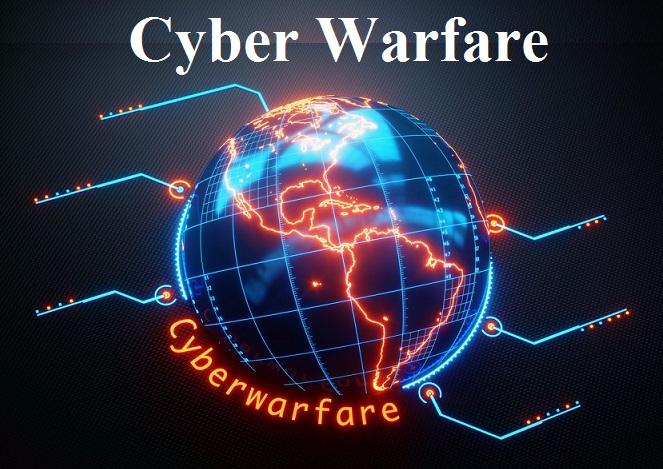Facebook leak exposes personal data on half a billion users

A hack of 533,000,000 global Facebook users that went up for sale on messaging app Telegram in January has now spiraled out of control.
Over the weekend, security researcher Alon Gal tweeted out that every single one of those half-billion Facebook records were just leaked for free. “This means that if you have a Facebook account, it is extremely likely the phone number used for the account was leaked,” Gal wrote.
Telephone numbers were just the top layer of what was stolen. Gal detailed that a person’s Facebook ID, full name, location, past location, birthdate, email address, account creation date, relationship status, and bio were also possibly purloined. Users from 106 countries are affected, including 32 million people in the U.S.
“Bad actors will certainly use the information for social engineering, scamming, hacking and marketing,” Gal said.
As of mid-morning on Monday, neither Facebook CEO Mark Zuckerberg, Facebook Security, or Facebook’s Privacy blog had acknowledged the issue.
Brace yourself for more
When ConsumerAffairs reached out for comment from Daniel Markuson, a digital privacy expert at NordVPN, he said that people should buckle up for a large wave of personalized phishing or social engineering attacks. In a hacker’s way of thinking, why not? There’s no monetary risk since the personal data was free. “It means that anyone with shady intentions was able to get their hands on it,” Markuson said.
“This leak raises huge concerns, especially now. Cybercriminals exploit fears or feed on the need for urgency. We have already seen a surge in pandemic-related cybercrimes, and this trend continues. Now, as countries all over the world are starting to roll out vaccination programs, there is another opportunity for cybercriminals.”
Markuson said that vaccine-related searches in the U.S. have grown by 1,900 percent since January. This shows that Americans are becoming increasingly anxious to get their COVID-19 vaccine and might be an easy target for hackers.
Protecting yourself
Protecting yourself against a phishing email or malicious message isn’t complicated, but it does take some vigilance. When ConsumerAffairs asked…


